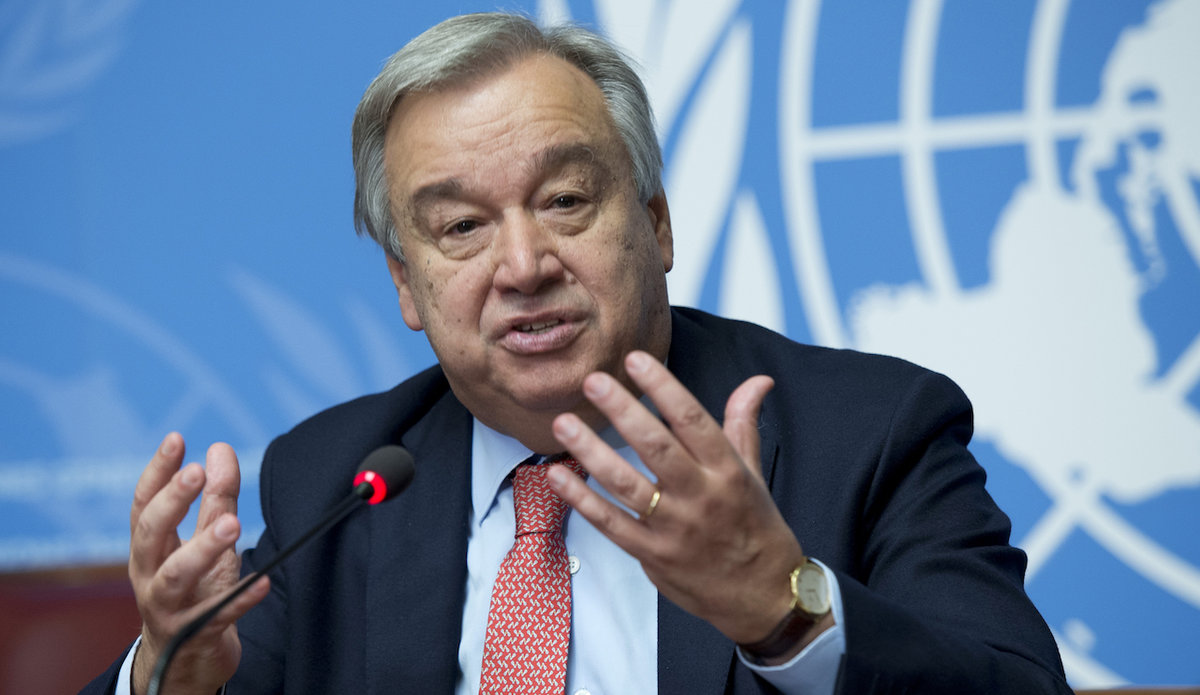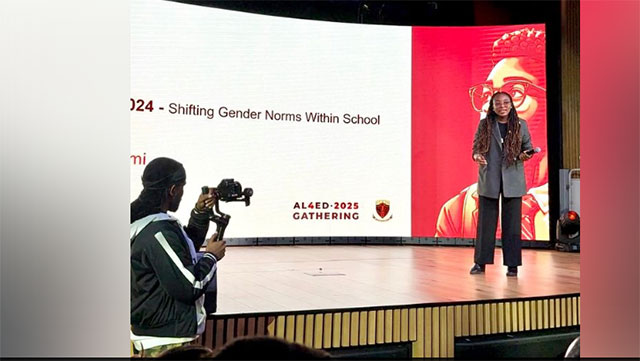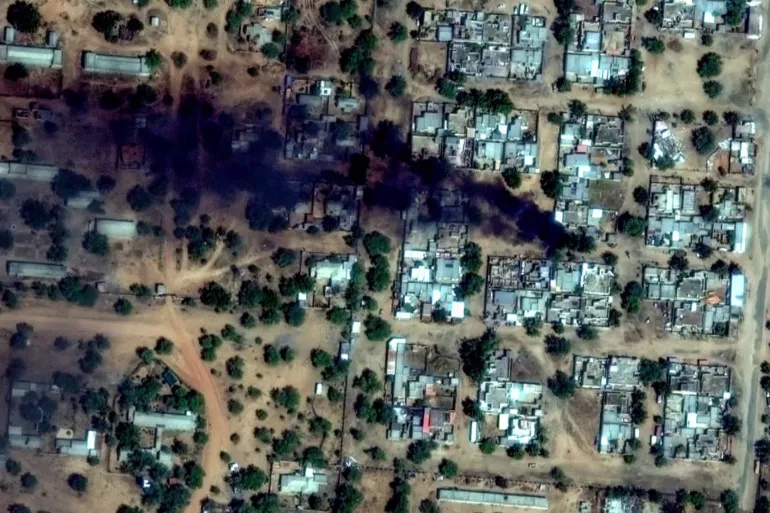Copyright dawatmedia24

DOHA – In a powerful address to world leaders, United Nations Secretary-General António Guterres positioned education as the non-negotiable bedrock of a “new social contract,” essential for rebuilding a world fractured by poverty, inequality, and crisis. He issued a stark warning that without urgent and transformative action, the growing chasm in educational access and quality will cripple global development for generations. Speaking at the High-Level Meeting on Education during the Second World Summit for Social Development in Doha, Guterres framed the current state of global education as both a moral failure and a critical strategic threat. “Education is the engine of social progress and the strongest weapon we have to fight poverty — but only if no one is left behind,” Guterres declared. “Today, that engine is stalling. We are witnessing a silent crisis that is deepening divides and threatening global stability.” A System in Peril: The Scale of the Crisis The Secretary-General laid out a sobering picture of the challenges. He cited that more than 270 million children and adolescents are currently out of school, a number exacerbated by protracted conflicts, the lingering effects of the COVID-19 pandemic, and persistent poverty. Compounding this, a global shortage of 44 million qualified teachers poses one of the most severe threats to functional education systems, leading to overcrowded classrooms and overworked staff. “An education system without enough teachers is like a hospital without doctors,” Guterres stated. “It is a structure that exists but cannot fulfill its fundamental purpose.” A Blueprint for Action: Funding, Inclusion, and Technology To address this crisis, Guterres presented a clear, multi-pronged call to action. He urged national governments to make concrete financial commitments by allocating at least 15% of their domestic revenue and 4% of their GDP to education. This investment, he argued, is not an expense but a down payment on a stable and prosperous future. He also emphasized the need for “stronger and more inclusive learning systems” designed specifically to reach the most marginalized, including girls, children in conflict zones, and those with disabilities. A significant portion of his speech focused on the dual role of technology. Guterres stressed that education must rapidly adapt to equip students with the digital literacy and green skills needed for the 21st-century economy. However, he firmly cautioned against viewing technology as a panacea or a replacement for human educators. “Artificial intelligence and digital tools must empower teachers, not replace them,” he insisted. “They should be used to enhance quality learning, personalize instruction, and relieve administrative burdens, allowing teachers to focus on what they do best: inspiring, mentoring, and guiding our children.” Expert Analysis: A Crossroads for Global Development Experts and delegates at the summit echoed the Secretary-General’s urgency. Dr. Anya Sharma, an education policy expert attending the conference, noted that Guterres’s speech reflects a critical shift in understanding. “The UN’s renewed focus underscores a hard-earned consensus: learning inequalities are not just an educational issue; they are the primary driver of economic divides and social fragmentation,” Dr. Sharma explained. “When a generation is denied quality education, we see a rise in instability, poorer health outcomes, and a diminished capacity to tackle global challenges like climate change.” Another delegate from a sub-Saharan African nation, who wished to remain anonymous, highlighted the practical hurdles. “The 15% and 4% targets are a necessary North Star, but for many nations grappling with debt and competing priorities like healthcare and security, this is a monumental challenge. It requires not just national will, but enhanced international cooperation and debt relief.” The Stakes of Failure In his concluding remarks, Guterres left no room for ambiguity about the consequences of inaction. He cautioned that failing to bridge the financial, access, and quality gaps in education would directly jeopardize the entire 2030 Agenda for Sustainable Development, undermining goals from poverty eradication and gender equality to promoting decent work and peaceful societies. His remarks in Doha serve as a global reminder that investment in education transcends a mere line item in a budget. It is, as he framed it, both a fundamental moral duty and an undeniable economic imperative—the foundational stone upon which a future of lasting peace, shared prosperity, and genuine social justice must be built. The world, he implied, cannot afford to fail this test. Support Dawat Media Center If there were ever a time to join us, it is now. Every contribution, however big or small, powers our journalism and sustains our future. Support the Dawat Media Center from as little as $/€10 – it only takes a minute. If you can, please consider supporting us with a regular amount each month. Thank you DNB Bank AC # 0530 2294668 Account for international payments: NO15 0530 2294 668 Vipps: #557320 Donate Here



